Essential Emergency Contacts and Safety Tips for Budapest
Budapest draws millions of people every year with its amazing thermal baths, gorgeous Parliament building, and great cultural scene. This beautiful city on the Danube gives you amazing experiences, but being ready for unexpected stuff can turn stress into something you can handle. We like to think of emergency prep as carrying peace of mind, not expecting bad things to happen.
We've learned that having the right info when you need it makes all the difference between a small problem and a big mess. Whether you're relaxing at Széchenyi Baths, checking out the Castle District, or having fun in the ruin pubs, knowing who to call lets you focus on enjoying Budapest.
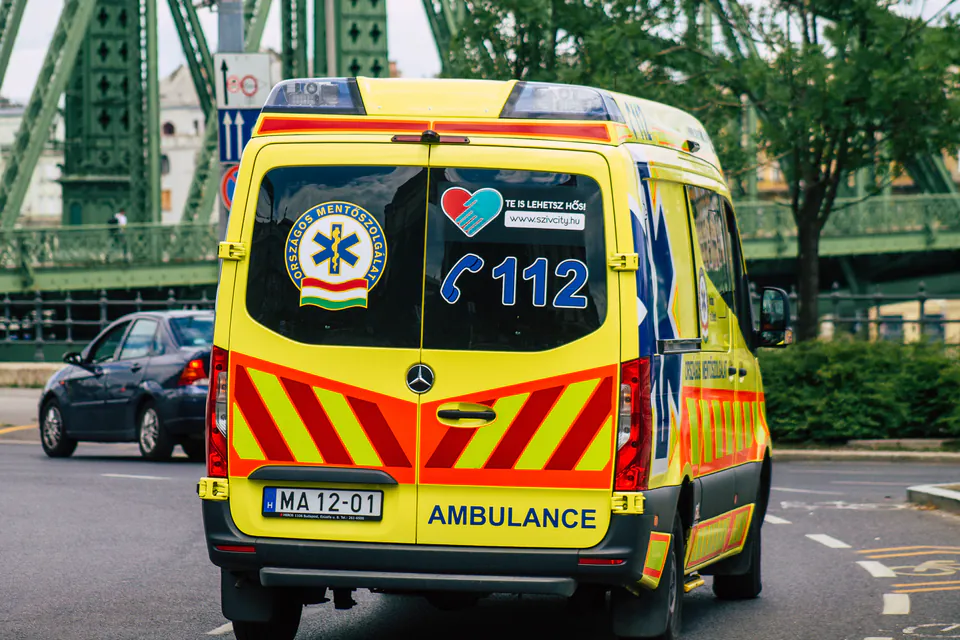
Important Emergency Numbers
When something bad happens, every second matters. Save these numbers to your phone right now or write them down and keep them in your wallet. These contacts are your lifeline to get help anywhere in Budapest.
Critical Emergency Contacts
| Service | Phone Number | When to Call |
|---|---|---|
| European Emergency Number | 112 | ANY emergency - police, ambulance, fire. English spoken. Your primary number. |
| Ambulance Direct | 104 | Medical emergencies requiring immediate response |
| Police Direct | 107 | Crime reporting, police assistance, security issues |
| Fire Service | 105 | Fire emergencies, smoke, gas leaks |
| Tourist Police Hotline | +36 1 438 8080 | 24-hour English support for tourists, crime victims |
| Health Information | 1812 | Non-emergency health questions and guidance |
112 is the most important number you need to know. This European emergency number connects you to the right help 24/7, and the operators can speak English and other languages. Unlike local numbers, 112 was made specifically for international travelers who might have trouble with the language during emergencies.
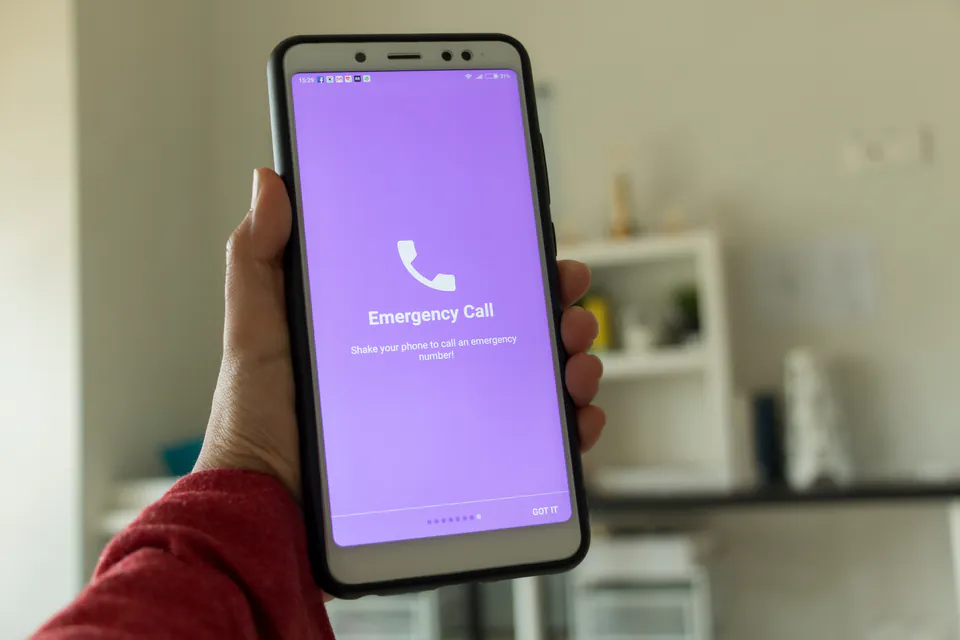
How to Make a Good Emergency Call
Stress can make your brain go blank. When you call 112, stay calm and give them info in this order:
Your name and phone number so they can call you back if needed. Tell them what happened in simple words like "person fell down," "car crash," or "building on fire." Say exactly where you are with the street name, building number, floor, and anything nearby they'll recognize. In Budapest's twisting streets, mentioning places like "near Chain Bridge" or "across from Great Market Hall" helps emergency crews find you faster.
Answer everything they ask, even if it seems like they're asking the same thing twice. The people on the phone follow rules that make sure the right help gets to you quickly. Don't hang up until they tell you to, and keep your phone free after that in case they need to call you back.
Medical Problems and Getting Healthcare
Budapest's healthcare system makes sure everyone gets emergency medical help no matter what country you're from or if you have insurance. Understanding your options helps you make smart choices when health problems come up.
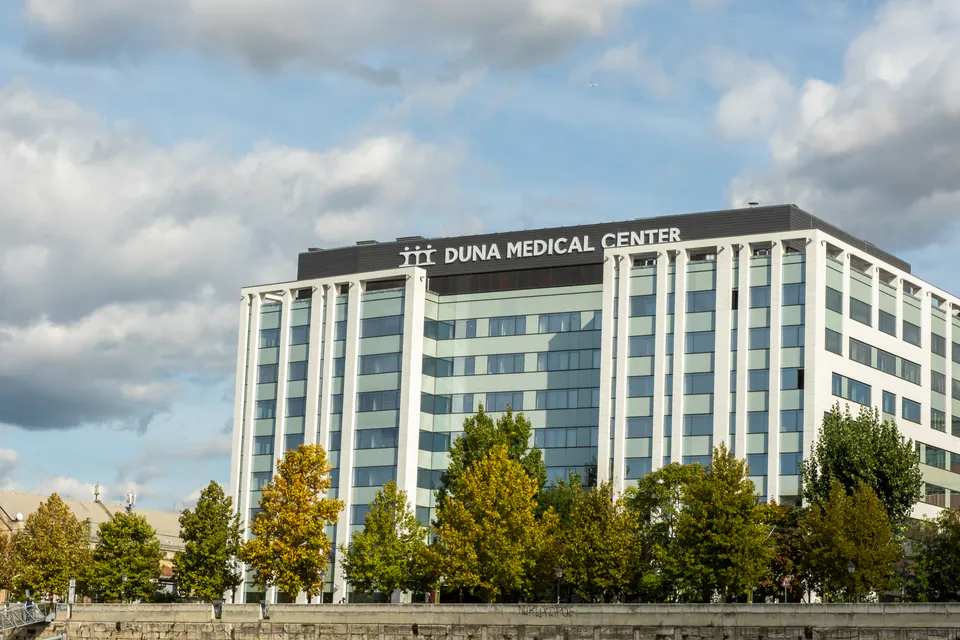
Emergency Medical Help
For life-threatening situations, call 112 or 104 right away. Hungarian law says everyone gets emergency treatment, focusing on saving lives and preventing permanent health damage. Emergency ambulance rides are usually free through the National Ambulance Service.
When calling for medical help, clearly say what's wrong with the patient: "not conscious," "bad chest pain," "can't breathe," or "bleeding a lot." Mention any health problems, allergies, or medicines you know about. If language becomes a problem, remember that 112 operators can usually find someone who speaks English or get interpreters.
European Health Insurance Card Benefits
EU, EEA, and Swiss citizens with valid European Health Insurance Cards (EHIC) can use state healthcare at Hungarian places that have contracts with NEAK (National Institute for Health Insurance Fund Management). Look for signs that say "A társadalombiztosítás egészségügyi szolgáltatásaira szerződött szolgáltató" - these show NEAK-contracted providers.
Your EHIC usually covers doctor visits, necessary hospital treatment, emergency dental care, and some prescription medicines. But you'll usually pay fees for medicines and might wait longer for non-urgent things. Remember that EHIC doesn't replace good travel insurance - it won't cover private healthcare, getting you home for medical reasons, or treatment you're traveling specifically to get.
Private Medical Options
For guaranteed English-speaking doctors, shorter waits, and modern places, Budapest's private clinics work really well for international patients. FirstMed Centers is the best in this area, giving comprehensive medical services with English-speaking staff at Hattyú u. 14, 5th Floor (District I, near Széll Kálmán tér).
FirstMed has 24-hour phone help at +36-1-224-9090, direct billing to many international insurers, and services from general practice to specialized care. We've used their clinic and found they're open Monday through Friday 8 a.m. to 8 p.m., and weekends 9 a.m. to 3 p.m. Other good private options include Swiss Clinic, Dr. Rose Private Hospital, and Medicover.
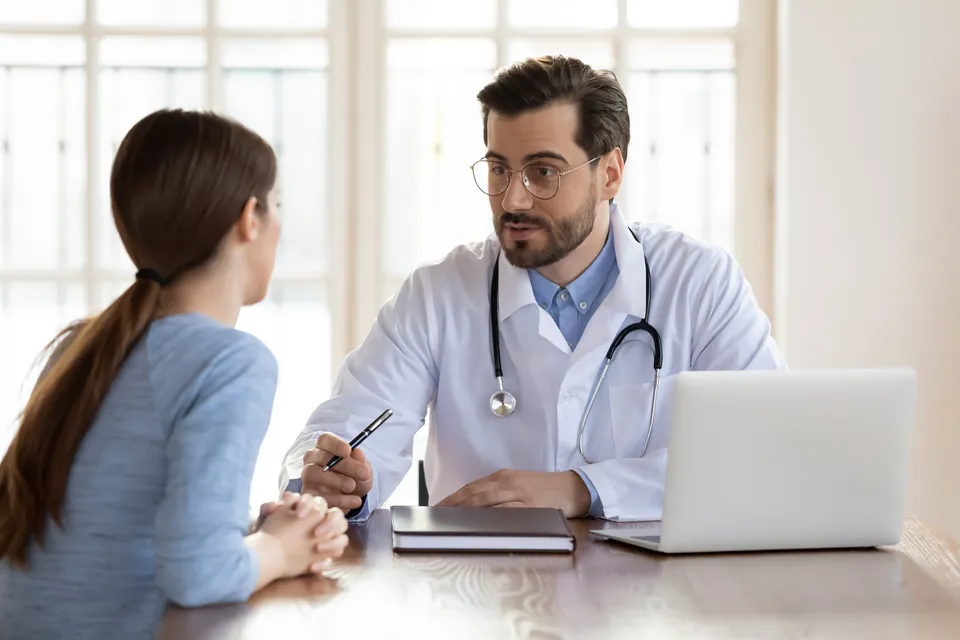
Finding Pharmacies
Hungarian pharmacies called gyógyszertár or patika have prescription and over-the-counter medicines. For after-hours needs, Budapest has a rotating system of on-duty pharmacies (ügyeletes gyógyszertárak) that charge small extra fees for nighttime and weekend service.
24-Hour and On-Duty Pharmacies
| Pharmacy Name | Address | District/Area |
|---|---|---|
| Széna Tér Patika | 1015 Budapest, Széna tér 1. | Buda, near Castle District |
| Teréz Gyógyszertár | 1067 Budapest, Teréz körút 41. | City center, near Nyugati Station |
| Déli Gyógyszertár | 1123 Budapest, Alkotás utca 1/B. | Buda, near Déli Railway Station |
| Fővám téri Gyógyszertár | 1056 Budapest, Fővám tér 4. | City center, near Central Market Hall |
| Kopaszi Non-Stop Gyógyszertár | 1117 Budapest, XI Napkelte utca 3. | South Buda |
Police and Safety Stuff
Budapest is one of Europe's safer capitals, but knowing local procedures and common problems helps make sure your visit goes smoothly. The city's police work closely with tourism authorities to protect visitors.
Reporting Crimes
For crimes happening right now or immediate emergencies, call 112 or 107 without waiting. For things that already happened like theft, fraud, or other non-urgent crimes, you can still use these numbers or go to local police stations directly.
The Tourist Police Hotline at +36 1 438 8080 gives specialized English help for visitors. This 24-hour service helps tourists deal with police procedures, file reports, and understand their rights. Always ask for a police report when reporting crimes, especially for insurance claims.
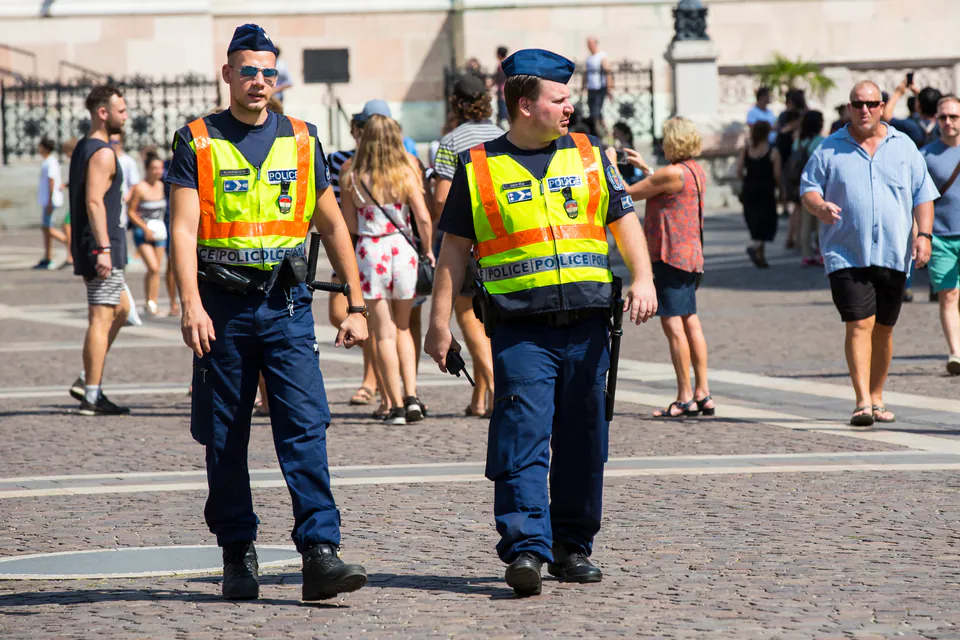
Staying Safe in Budapest
Common sense and paying attention are your best protection. Pickpocketing is the most common crime affecting tourists, especially in crowded places like Váci Street, the Great Market Hall, and public transport. Keep valuables safe, bags closed and in front of you, and don't show off expensive stuff.
Be extra careful around major tourist spots, train stations, and busy metro stops where thieves often work. At night, stick to well-lit, busy areas and don't walk alone in poorly lit areas. Political protests happen sometimes and can get unpredictable, so watch local news and stay away from protest areas.
Common Tourist Scams
Several scams specifically target visitors. Restaurant overcharging happens at places without clear menu prices. We always check prices before ordering and look over bills carefully before paying. Taxi scams include crazy high fares, unnecessary long routes, and wrong change. We use good companies, confirm approximate fares, and make sure meters are running properly.
Drink spiking can happen in popular nightlife areas, leading to theft or worse. Buy your own drinks, keep them where you can see them, and get help right away if you feel unusually sick. Street money exchange gives you bad rates or fake money. We stick to banks and official exchange offices.

Fire Emergencies and Other Services
Fire emergencies need immediate action. Call 112 or 105 to reach the Hungarian Fire Service, telling them exactly where you are, what kind and size of fire, and if people are trapped or hurt. If you're in a burning building, get out immediately using stairs (never elevators), warn others while leaving, and meet at a safe distance from the building.
Lost Documents and Stuff
Losing your passport creates serious problems. Report it to police immediately by calling 107 or 112, then contact your embassy or consulate for replacement procedures. The U.S. Embassy in Budapest (+36 1 475 4400) helps American citizens with emergency travel documents, while other nationals should contact their respective diplomatic missions.
For lost credit cards, contact your card company immediately. American Express has a Budapest office at Deák Ferenc utca 10 (+36 1 484 2662), while Visa has a Hungary toll-free line at 06 80 011 272 and MasterCard gives 06 800 12517. Quick reporting stops fraudulent use and gets replacement cards faster.
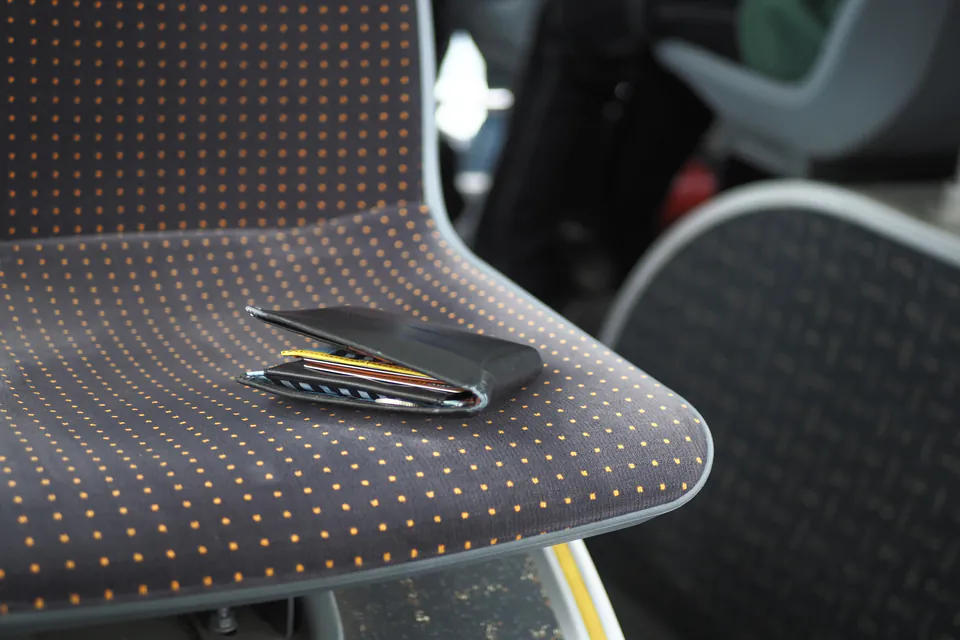
If you lose stuff on Budapest's public transport, contact the BKK Lost Property Office at Akácfa utca 18, 7th District. Call +36 1 3 255 255 or email lostitem@bkv.hu for help. The office usually operates Tuesday through Thursday with specific hours, so check current schedules before going.
Important Hungarian Emergency Phrases
While 112 operators speak English, knowing basic Hungarian phrases helps when talking directly with locals during emergencies:
Segítség! (SHEH-geet-shayg) means "Help!" Hívjanak mentőt! (HEEV-yah-nawk men-tût) asks for an ambulance. Hívjanak rendőrt! (HEEV-yah-nawk ren-dûrt) calls for police. Tűz van! (tewz vawn) tells people about fire.
For medical situations, Szükségem van egy orvosra (SEWK-shay-gem vawn edj OR-vosh-raw) means "I need a doctor," while Rosszul vagyok (ROS-sool VAW-djok) means "I'm sick." Vészhelyzet van (VAYSS-hey-zet vawn) says "It's an emergency."
Additional Support Services
Beyond emergency services, several contacts give valuable help. Directory Services at 191 has English-language telephone help, while 199 connects international calls. The 11 800 number gives national directory inquiries for local businesses and services.
Your home country's embassy is a crucial resource for serious emergencies involving arrest, serious illness, injury, or death. The U.S. Embassy gives 24/7 emergency help to American citizens, while other embassies have similar support systems for their nationals.
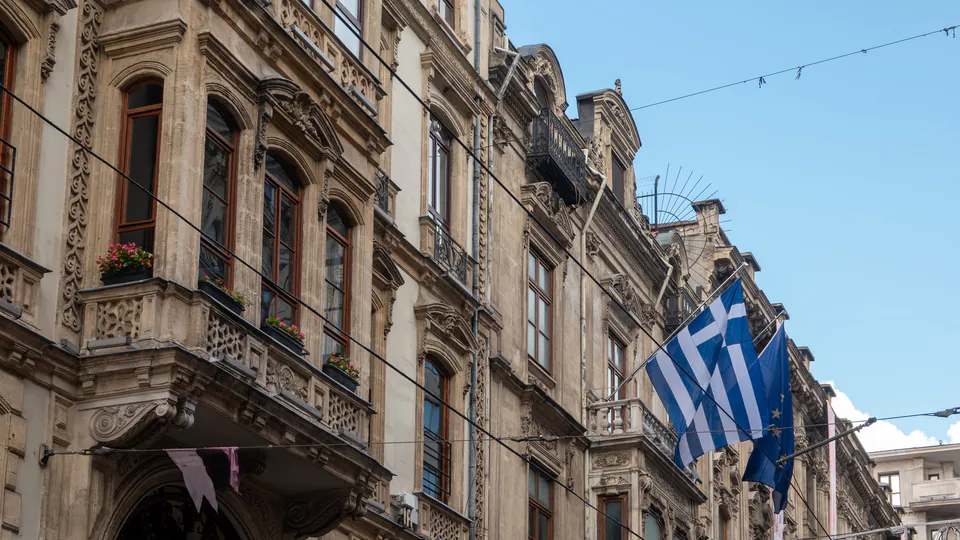
Good travel insurance is absolutely necessary for any Budapest visit. While EHIC gives valuable benefits for eligible travelers, it doesn't cover private healthcare, getting you home for medical reasons, or trip cancellation. Many medical providers expect immediate payment, which you later claim from insurers.
U.S. citizens should sign up for the Smart Traveler Enrollment Program (STEP) at step.state.gov before traveling. This free service lets the embassy contact you during emergencies, natural disasters, or civil unrest, and helps them find you if family emergencies happen at home.